22566 Miles 4566 cc 6 cyl Automatic
1953 Bentley R-Type 4 1/2 Litre Big Bore LHD Saloon for sale in Torrance, California, United States
| Condition: | Used |
| Item location: | Torrance, California, United States |
| Make: | Bentley |
| Model: | R-Type 4 1/2 Litre Big Bore LHD Saloon |
| Type: | -- |
| Year: | 1953 |
| Mileage: | 22566 |
| VIN: | B146LWH |
| Color: | -- |
| Engine size: | 4566 cc 6 cyl |
| Power options: | -- |
| Fuel: | Gasoline |
| Transmission: | Automatic |
| Drive type: | -- |
| Interior color: | -- |
| Options: | -- |
| Vehicle Title: | -- |
| Want to buy? | Contact seller! |
Description for Bentley R-Type 4 1/2 Litre Big Bore LHD Saloon 1953
West Coast Classics are proud to present a very rare and absolutely exceptional and exquisite example of this 1953 Bentley R-Type 4 Door LHD 4 1/2 litre 'Big Bore' sedan with factory optional 4 speed automatic transmission and 1 of only some 2,323 built in it's three year production run between 1952-55 and a very rare Left Hand drive example with air conditioning.This particular example is strikingly finished in a 'Royal Garnet over Cream' two-tone color complete with hand painted pin stripes which is matched to a beautiful and also extraordinarily condition full 'Claret with White Piping' leather interior and carpeting. The car has an original Mohair headliner and it's original factory sliding sunroof. This car was frame up restored with no expense spared in recent years and has been stored in a climate controlled facility by it's southern California collector/owner since the restoration with the two-tone paint, the leather & wood interior, all the chrome work including the original and very rare Bentley grille and front and rear bumpers, all restored to obviously concours standards and this car is very likely one of the finest R-Type examples in existence anywhere today. The 5-digit odometer shows just over 22k miles and the car boasts working modern day air conditioning and the voltage has been upgraded to 12 volts.
The car drives extraordinarily well with the 4 speed automatic transmission matched to the original 4.5L 6 cylinder engine making for an extremely strong and responsive drive and the car drives as straight as an arrow with no strange road wobbles, shakes or rattles. It is a truly remarkable driver with supremely smooth and easy transmission shifts in all gears! The car has adjustable ride control, Lucas fog lights, twin picnic tables, factory tools and a mohair headliner.
Following World War II, a more global approach to luxury car-building was needed and it was this realization that would lead Bentley to start production of their 'standard steel' models which started for the first time in 1946 with the Mark VI. These were the first models to have a standard body built in-house by Bentley which were made entirely out of steel. The idea was that for the first time customers who otherwise would not have been in the position to commission a coachbuilding firm would be able to buy a complete car outright from Bentley instead, something which was far from the norm for luxury cars before WWII. Bentley would obviously still supply a chassis to a coachbuilder should the customer be in a position to request it.
Enter then, in 1946, the Bentley MkVI. The first cars were delivered in September and the order books quickly filled, leading to a three-year waiting list. The dignified shape was derived from prototype bodywork seen on the pre-war Mk V and it was the first production Royce or Bentley with faired-in headlights. Running 16in steel wheels on a 10ft wheelbase, the riveted, channel-section rationalised chassis was a shorter version of the frame found under the Silver Wraith, the grander cousin of the MkVI, which was exclusively coachbuilt in wood and aluminium. It was the first Bentley to be assembled and constructed fully in-house at Crewe for painting and fitting out with traditional wood and leather.The Bentley Mark VI was the first Bentley factory finished car, reflecting a change in Rolls-Royce policy from strictly hand-built cars to 'standardized' bodies that could be produced in greater numbers at the firm's new factory at Crewe and was named the Mark VI and was produced from 1946 to 1952.
Like pre-war Bentley's they were large, stately and impressive and featured rear hinged 'suicide' doors at the front with concealed hinges, a sliding sunroof, a permanently closed windscreen with an electric defrosting and demisting unit hidden in the scuttle and a second heater that made use of the coolant and was fitted with an electric fan beneath the left front seat. Twin screen window wipers were fitted and provision was made for the fitting of a radio with a short and flexibly mounted aerial that could be swung up above the center of the screen. The rugged steel-bodied standard cars proved to have an immediately strong appeal to the increased market. The Mark VI was an enormous success, comparatively speaking, with 5,200 cars sold between 1946 and 1952, a huge amount of car's for the prestigious Bentley/Rolls Royce marque, and a further 2,300 R Types were sold between 1952 and 1955. Numbers like these could never have been achieved without the standard steel bodies, although it's important to remember that Bentley still managed to continue to offer the coachbuilt cars, as before although in obviously rarer numbers.
It's true that these Bentley models were very similar in almost every way to their sister model offered by Rolls Royce, the Silver Dawn & Silver Wraith, but the Bentley's cars were actually far better-selling than those of its parent company. These post war Bentley's were to have their first real success under RR ownership with the Mark VI and later the R-Type and these cars would serve as the paramount example of what was to later define a postwar luxury car.
The 1953 R-Type was essentially the same car as the Mark VI, but with a larger trunk, which prompted Bentley to change the name to R Type, although they are essentially the same car. There would prove to be no shortage of customers. New cars of every kind were in short supply yet there was still plenty of money about in certain sectors after the war ended: the flipside to the grim measures of the time was that there were still lots of wealthy customers for these cars who far from being crushed and exhausted by the war had actually been able to still thrive financially. These tycoons, across the UK and the still-existing colonies, as well as here in the States, were more than willing to spend the exorbitant cost of it's day for the ultimate luxury saloon, and the Bentley cars with their legendary racing heritage were understood to have benefited by not being as much of a class divider and status symbol as the Rolls Royce. Remember too that Rolls-Royce was well aware of the sensitivities around its name in an era of socialist rule, Clement Atlees Labour had just won the 1945 election, and it was considered wise by the parent company to focus attention, at least initially, on a Bentley version of their new post-war models.
The Mk VI became the R-type in 1952; logically, it should have been the Mk VII but Crewe did not want to share its nomenclature with Jaguar. With the long boot treatment and extended rear wings (less spats), the R-type had a more graceful profile than its predecessor, with a liftup aluminium bootlid giving access to the significantly increased luggage space, up from 6 to 10cu ft. Its styling modific
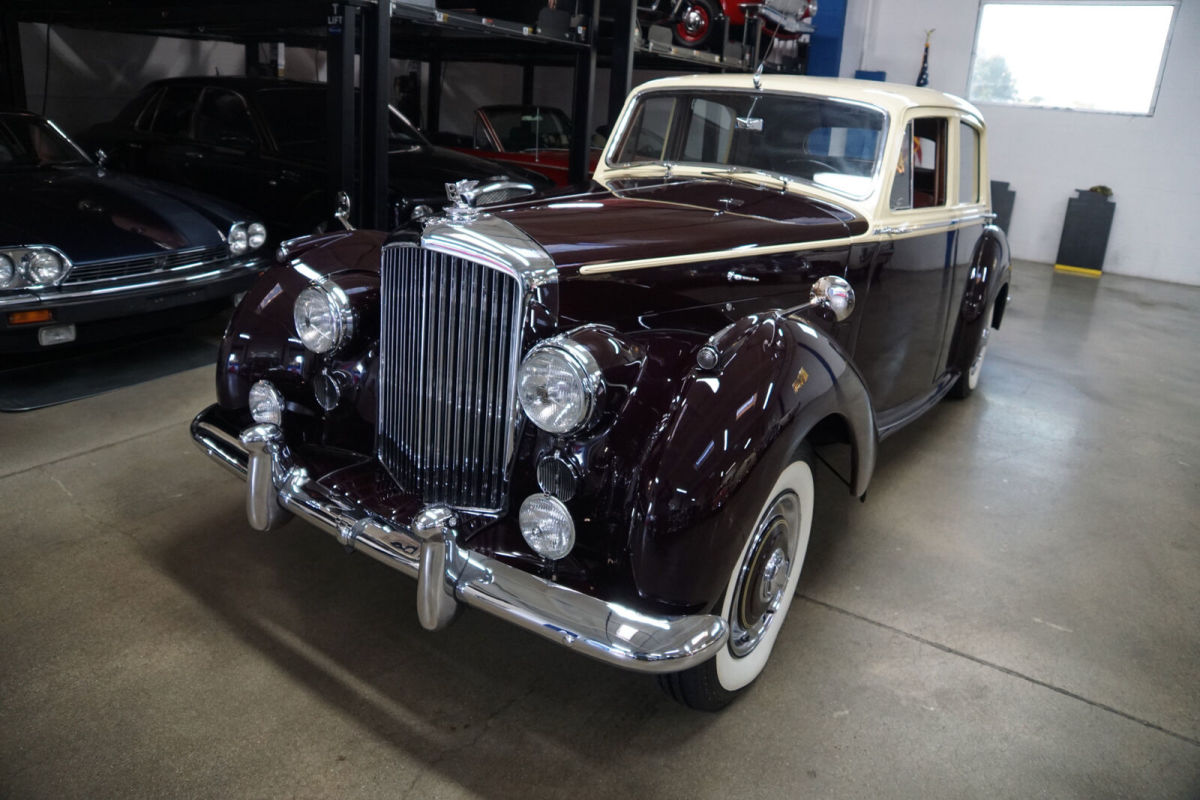
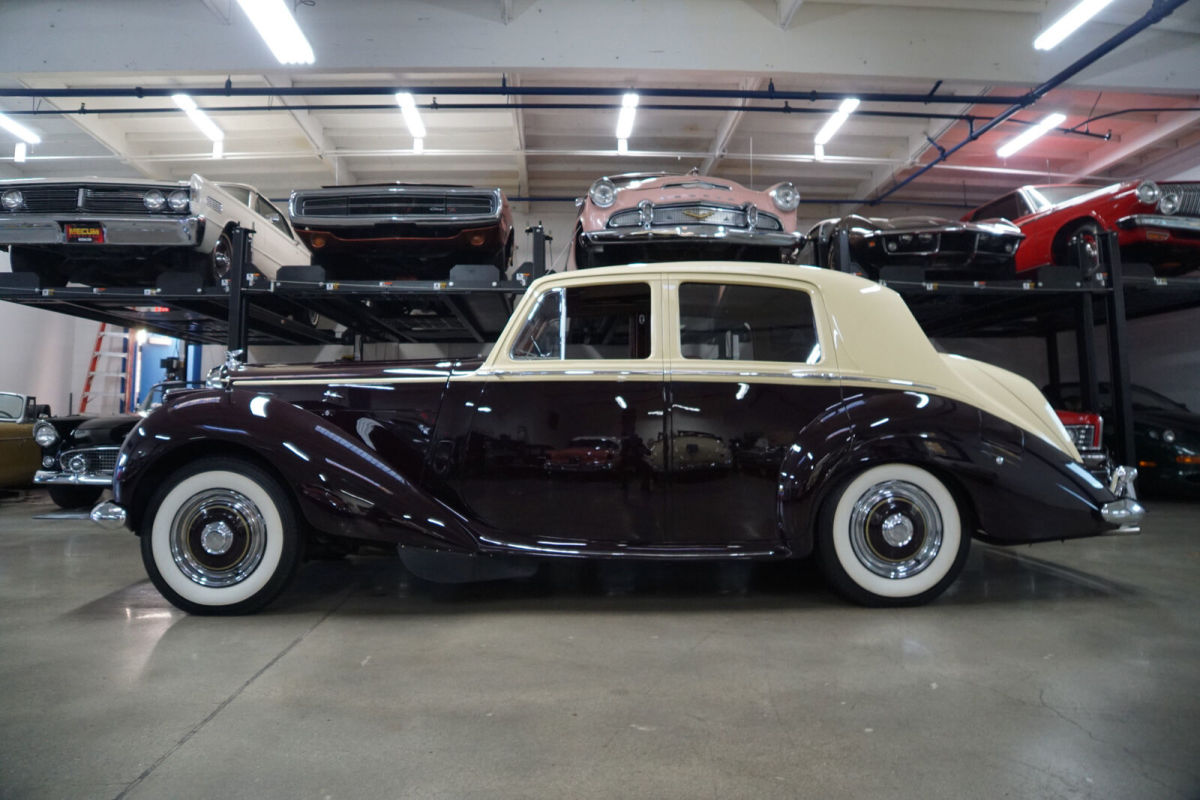
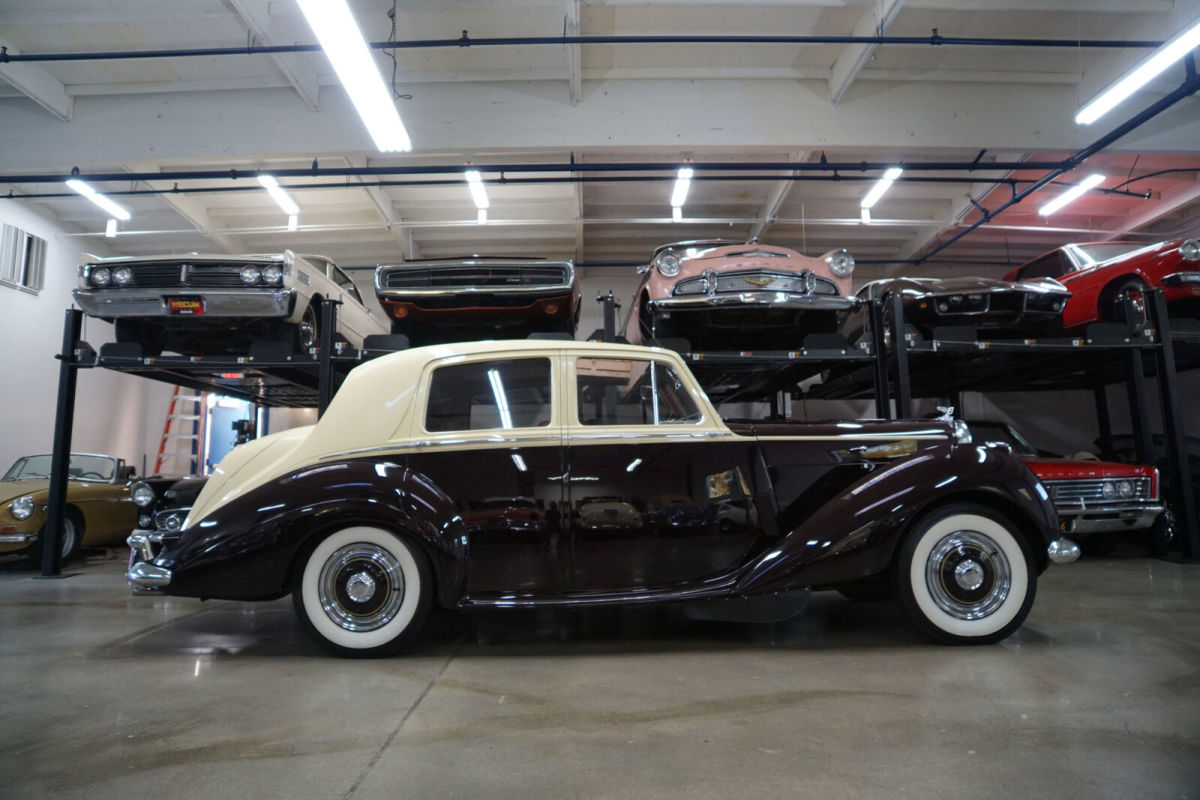
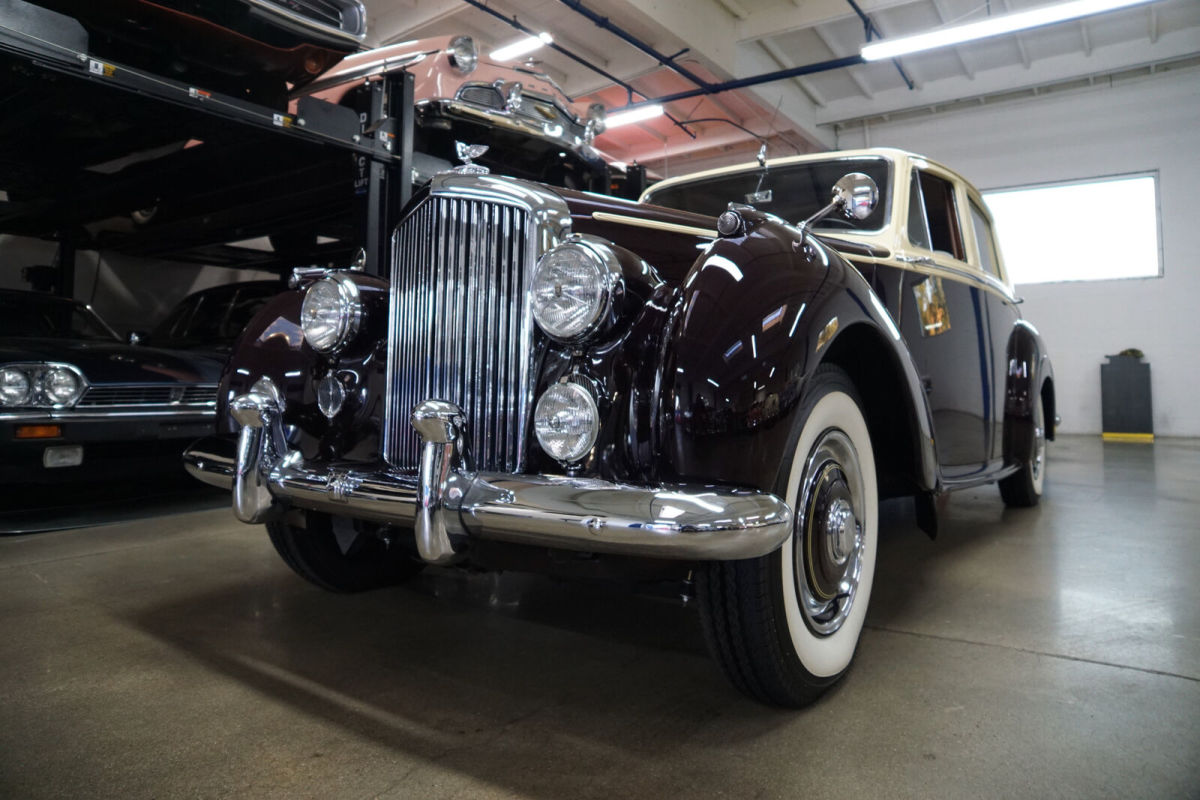
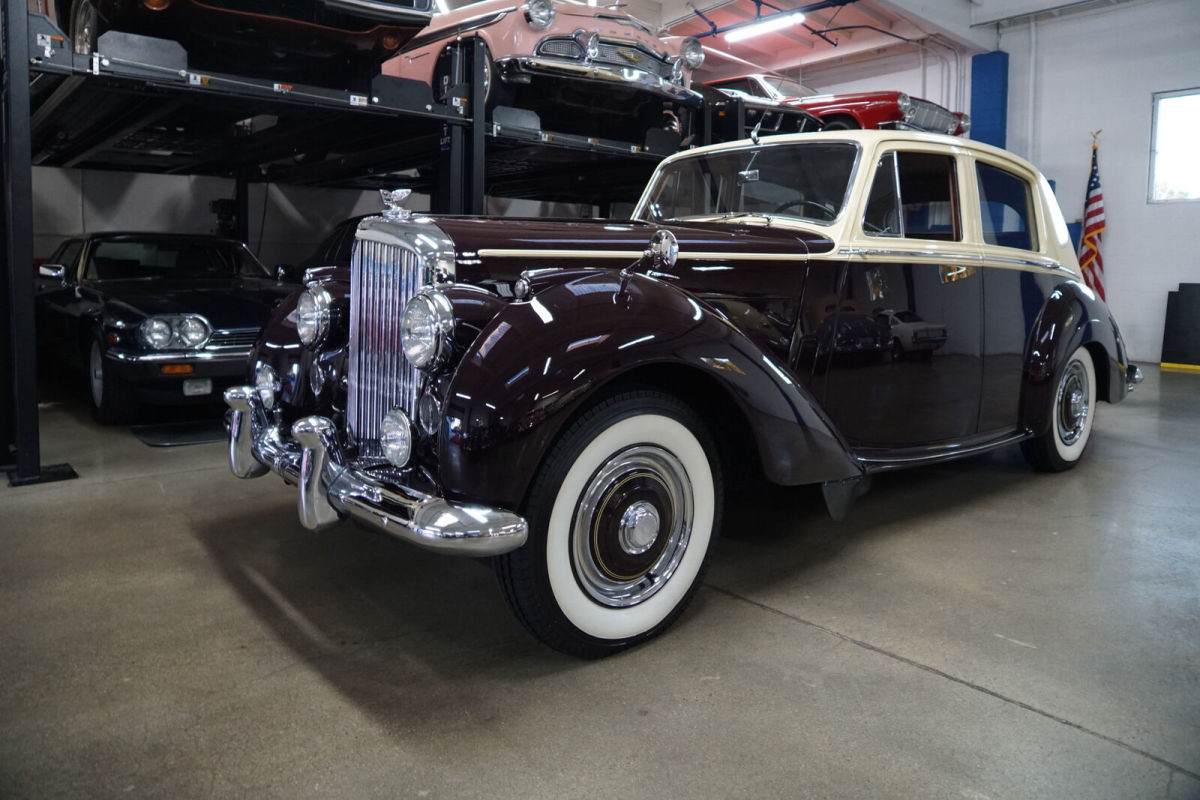
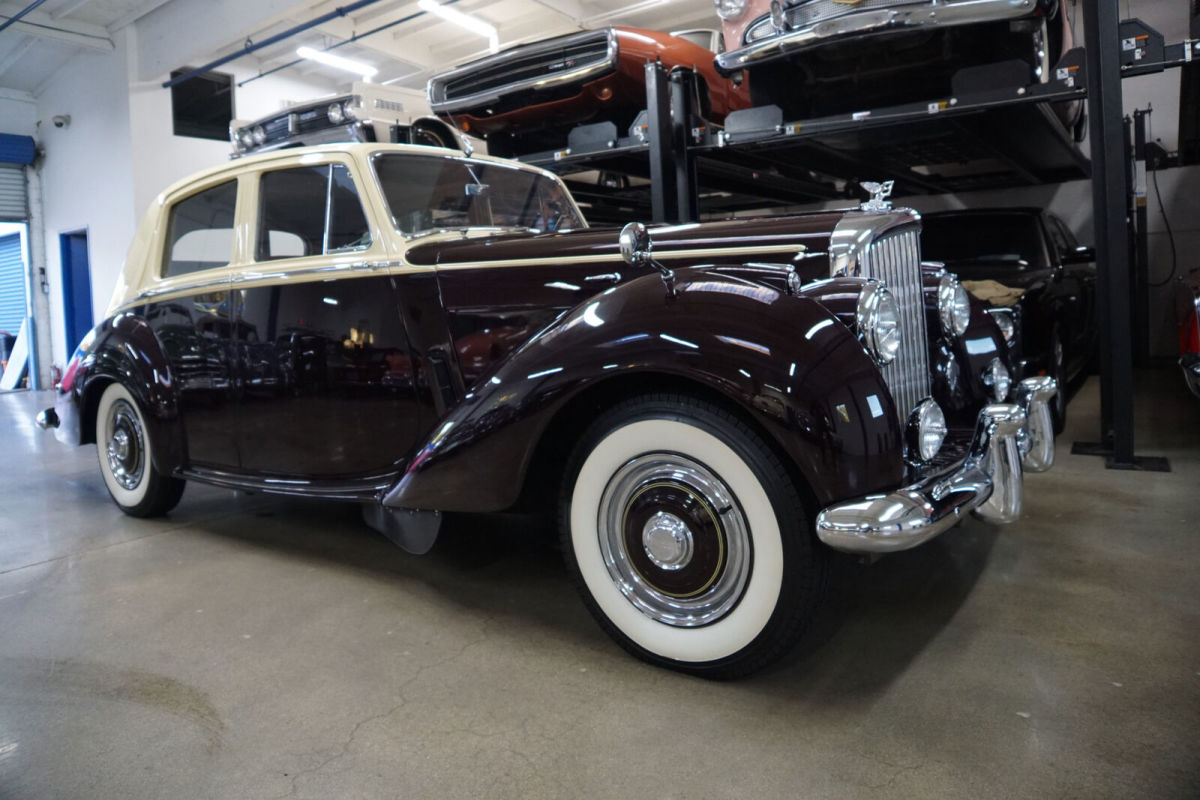
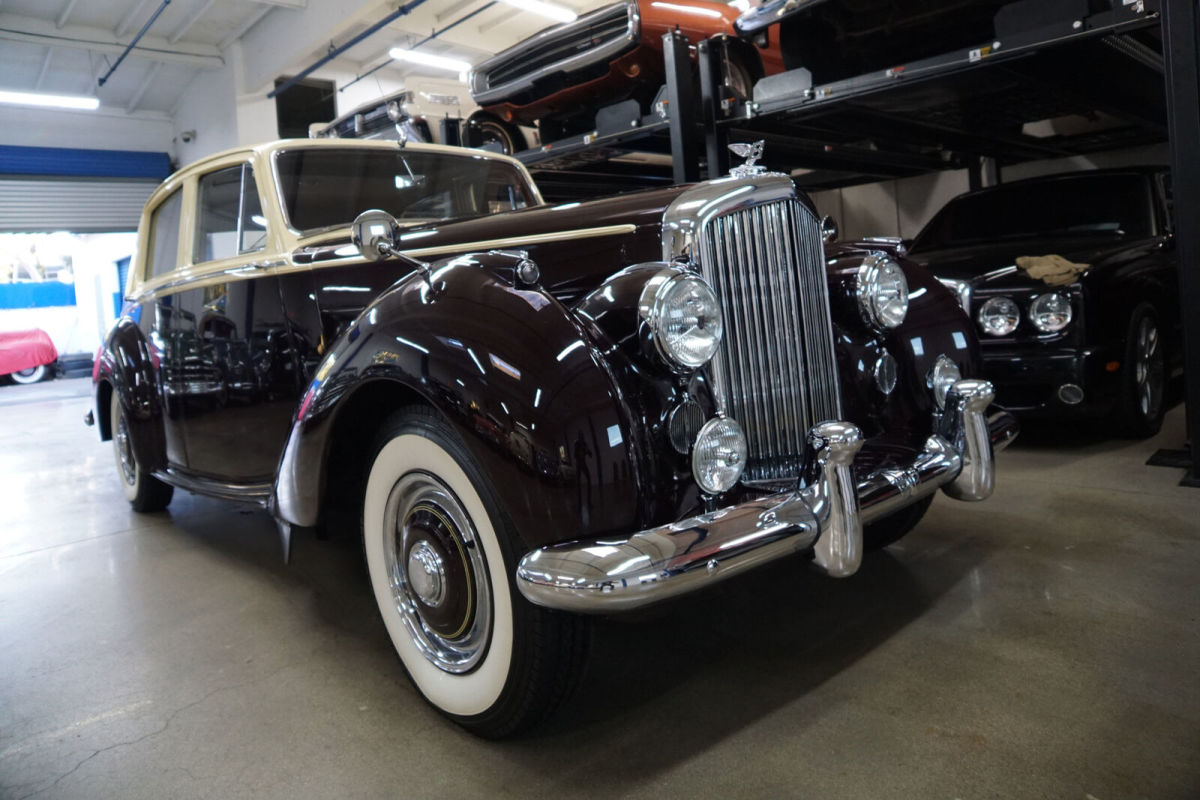
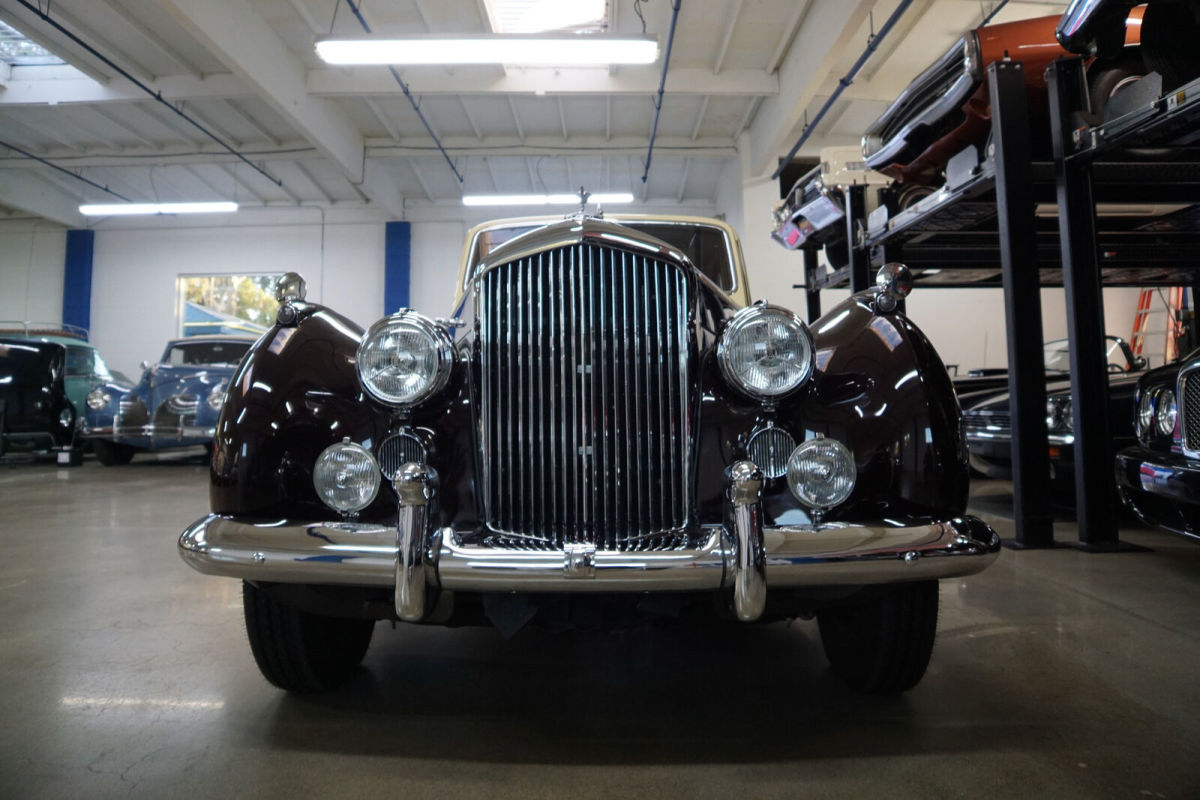
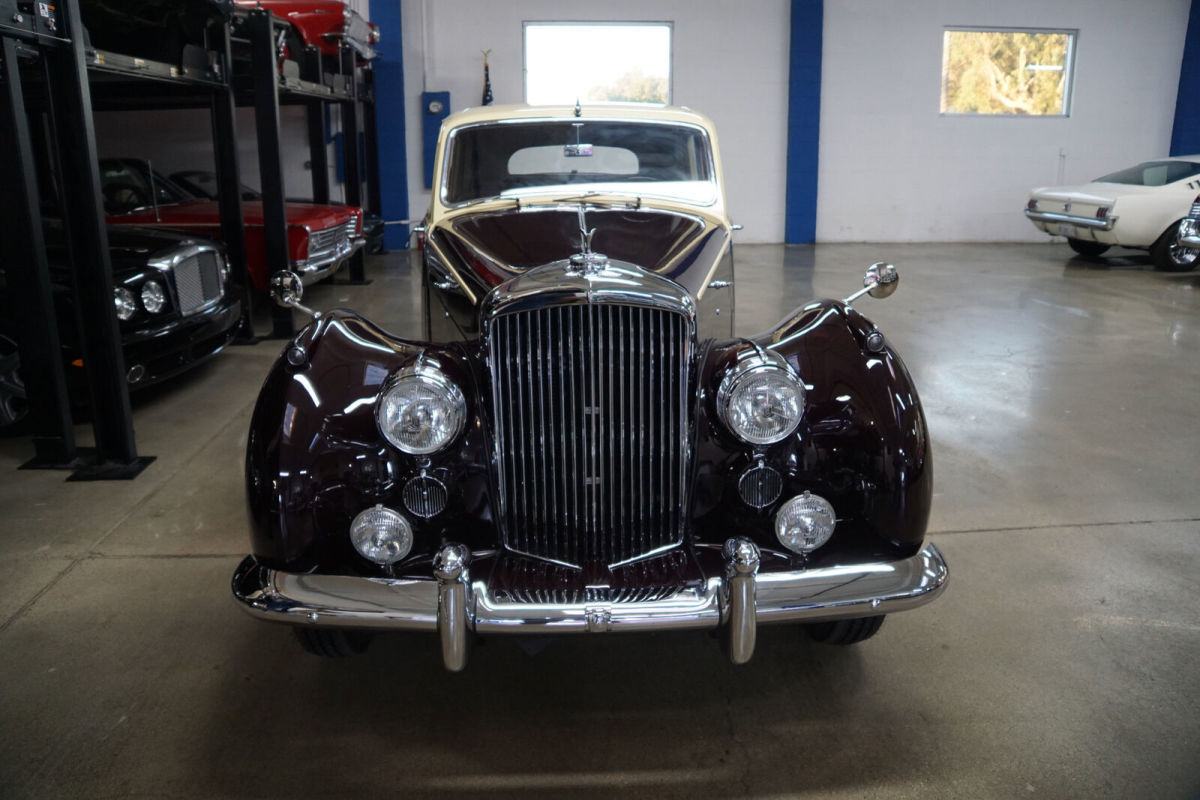
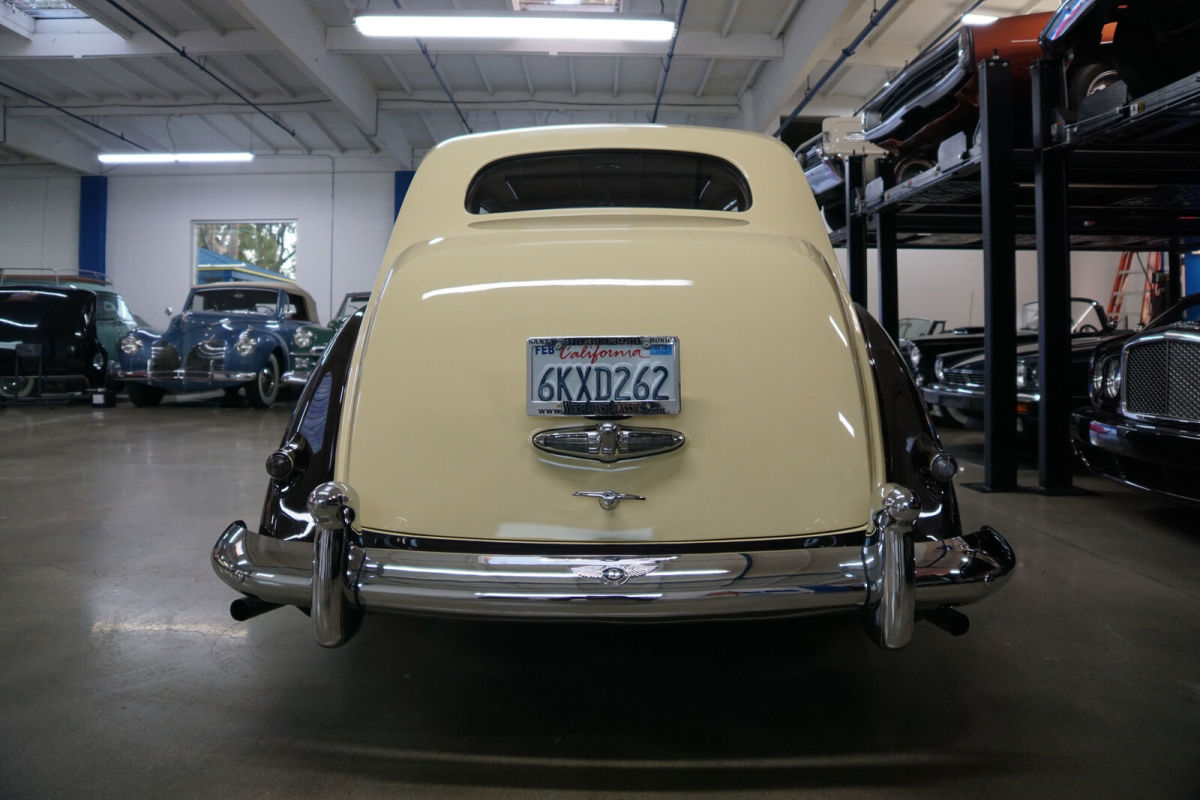
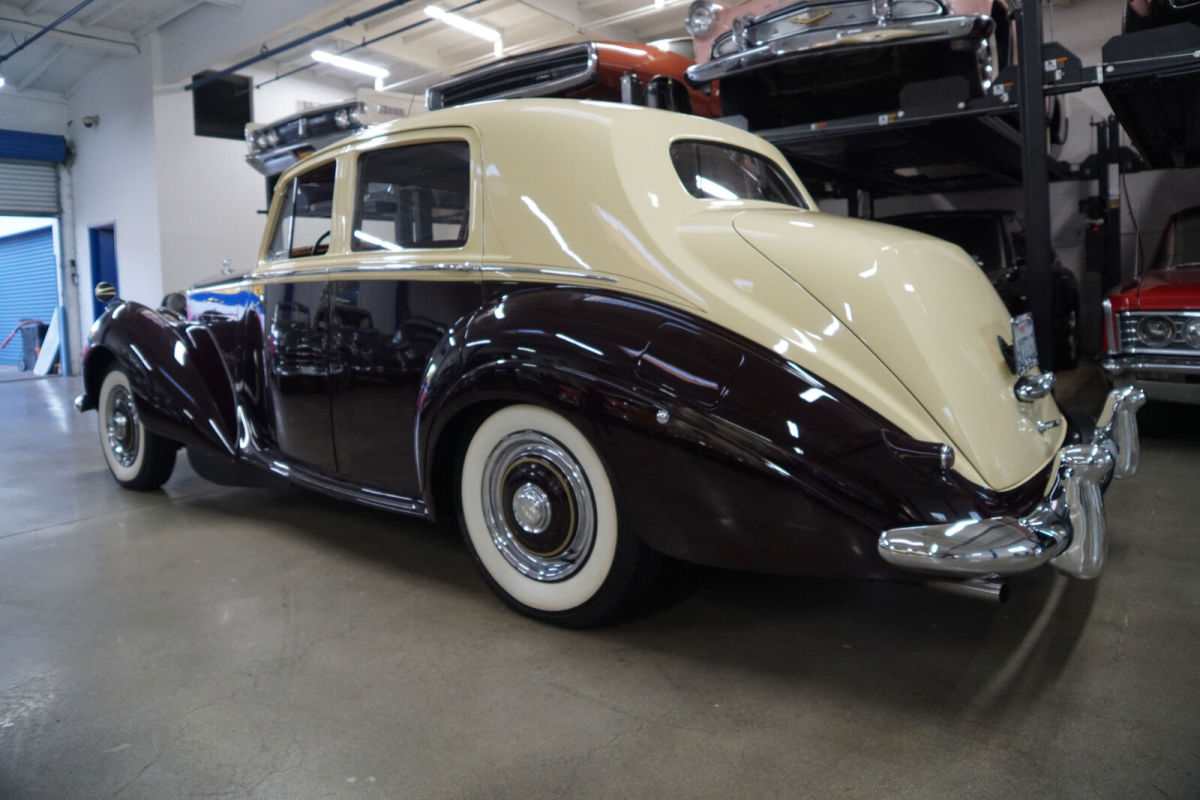
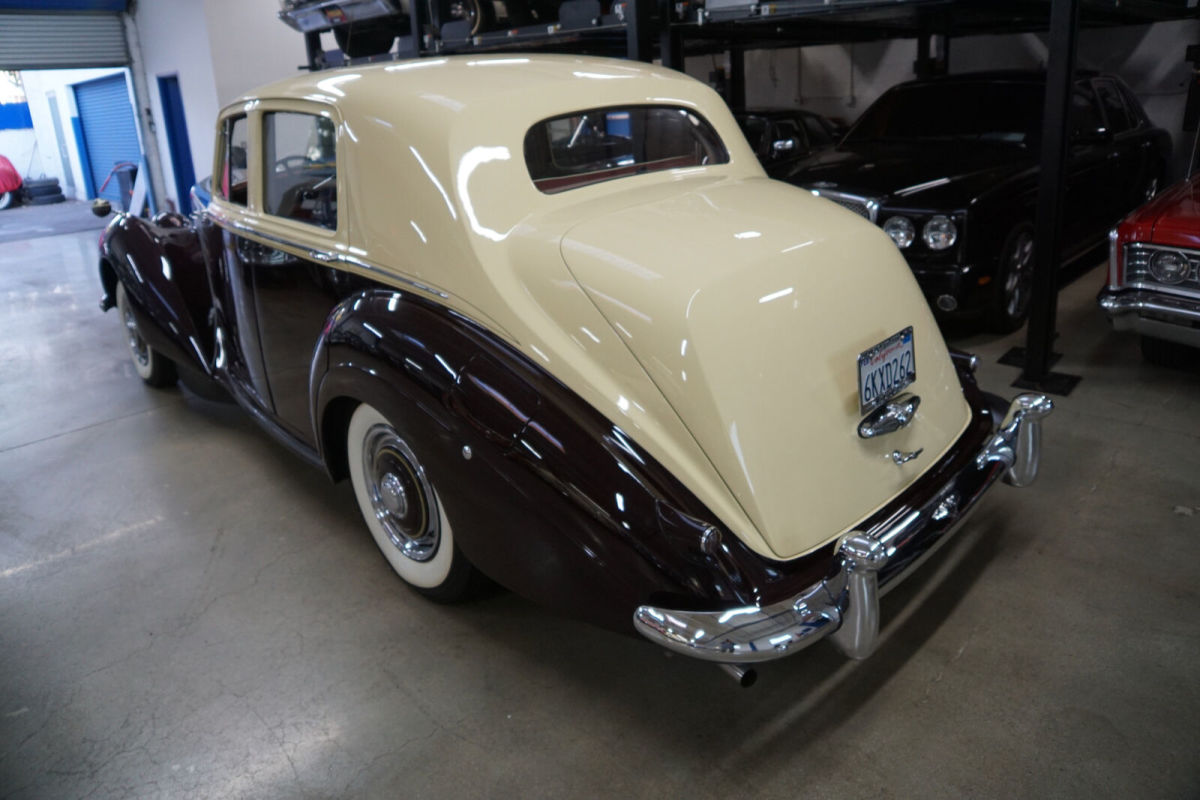
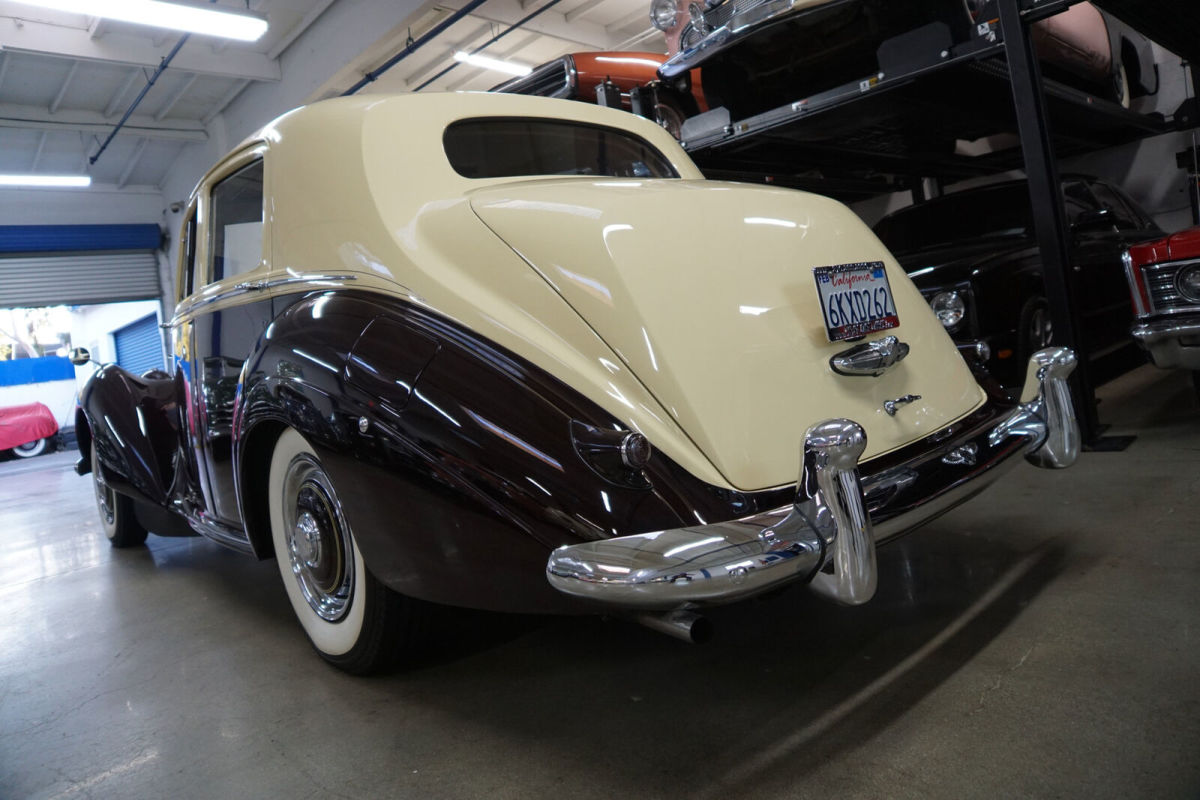
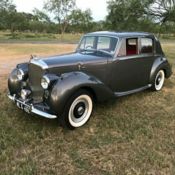 1953 Bentley R Type Steel Sports Saloon 62612 Miles Charcoal Gray Sedan 4566 cc
1953 Bentley R Type Steel Sports Saloon 62612 Miles Charcoal Gray Sedan 4566 cc
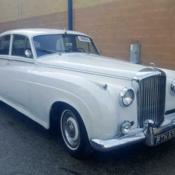 1957 Bentley S1 Clean Title 56,449 MILES 33500 Miles White Sedan 6CYL Automatic
1957 Bentley S1 Clean Title 56,449 MILES 33500 Miles White Sedan 6CYL Automatic
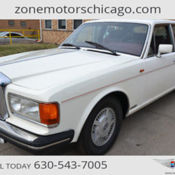 S Low Miles 4 dr Automatic 6.8L WHITE
S Low Miles 4 dr Automatic 6.8L WHITE
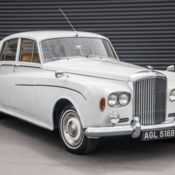 1964 Bentley S3 9520 Miles Automatic
1964 Bentley S3 9520 Miles Automatic
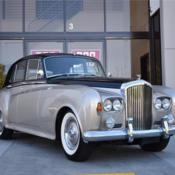 1963 Bentley S3 34,690 Miles Silver Sand Automatic
1963 Bentley S3 34,690 Miles Silver Sand Automatic
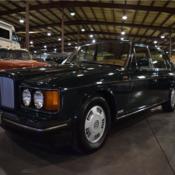 Brooklands LWB With 42354 Miles, Green - Sedan - 6.7L V8 - Automatic
Brooklands LWB With 42354 Miles, Green - Sedan - 6.7L V8 - Automatic
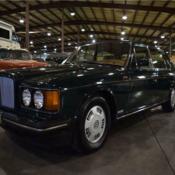 1993 Brooklands LWB With 42354 Miles, Green Sedan Automatic 6.7L V8
1993 Brooklands LWB With 42354 Miles, Green Sedan Automatic 6.7L V8